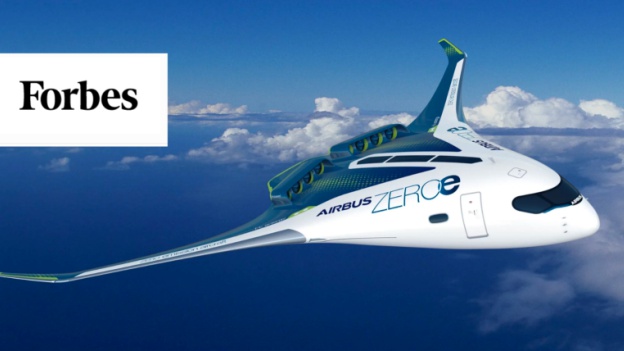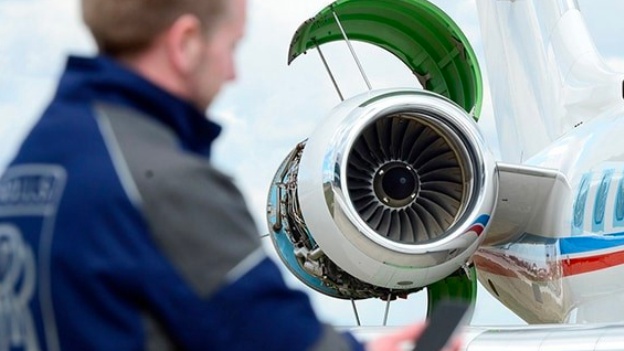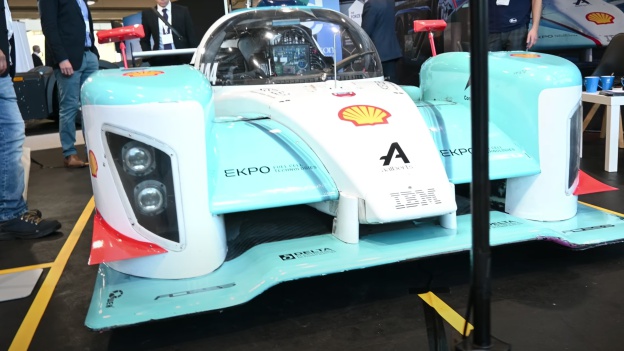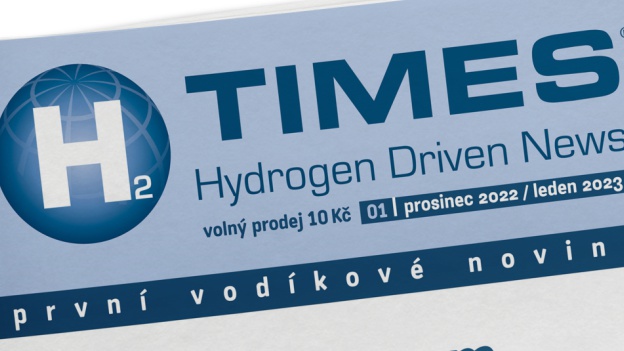Universal Hydrogen, which has made its presence known in the past with the development of a hydrogen-powered regional transport aircraft, has now succeeded in testing the largest liquid hydrogen fuel cell propulsion system to date. The successful test has predisposed Universal Hydrogen to begin passenger transport with liquid hydrogen powered aircraft by 2026.
Universal Hydrogen, which focuses on developing hydrogen propulsion for existing aircraft, demonstrated the flight of the largest transport aircraft to date powered primarily by hydrogen a year ago. It was a modified turboprop De Havilland Canada Dash 8, dubbed the „Lightning McClean,“ which was equipped with hydrogen fuel cell propulsion on one side. It first flew on March 2, 2023.
Now, the company has announced that it has successfully put into service a megawatt fuel cell propulsion system that uses a liquid hydrogen module to supply fuel.
„This is the largest fuel cell propulsion unit ever powered by liquid hydrogen,“ said Mark Cousin, president and CTO of Universal Hydrogen.
The liquid hydrogen module powered the company's ground test facility called Iron Bird for more than an hour and 40 minutes, simulating the flight profile of a regional aircraft. Iron bird is a working analogue of the propulsion unit that Universal Hydrogen has been flight testing since March 2023.
The liquid hydrogen module contains fuel that will power the Iron Bird for more than three hours at full power, with two such modules sufficient for 500 nautical miles of usable range (plus reserve) for an ATR72 regional transport aircraft.
The test, which took place at Mojave Air & Space Port's Mojave Desert Spaceport, is the first time the company's module and powerplant have been integrated together, representing another significant achievement on the road to passenger commissioning.
The liquid hydrogen module was developed by experts at Universal Hydrogen's engineering and design center in Toulouse, France. Internally, it includes all liquid hydrogen management, while externally it presents a simple container interface compatible with existing intermodal cargo transport and cargo handling equipment at airports.
The module contains approximately 200 kg of liquid hydrogen and is capable of storing it for long periods of time without boiling. The module contains systems for converting cryogenic liquid hydrogen into warm gaseous hydrogen, which is consumed by the powertrain. It also includes features such as hydrogen leak detection and venting systems for safe operation, as well as quick couplers for easy installation and removal of the module from the aircraft.
source - Universal Hydrogen
Photo source: Universal Hydrogen






























